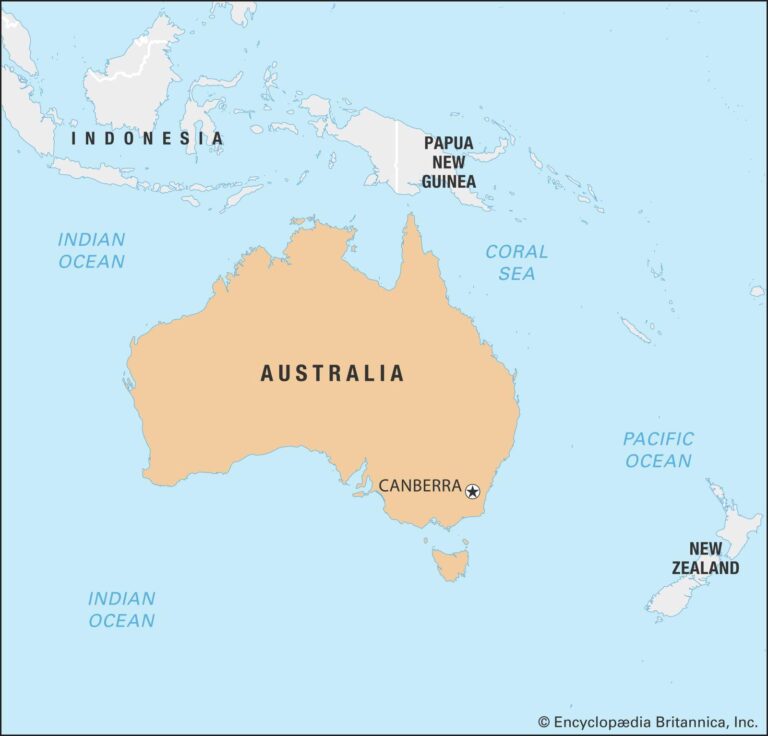As uncertainty grips the global political landscape, questions are mounting about the resilience of democracies worldwide. In Australia, concerns are intensifying over whether its democratic institutions can withstand the pressures of a potential global collapse. This ABC report delves into the challenges facing Australian democracy amid escalating geopolitical tensions, economic instability, and shifting public trust, exploring what the future may hold for the nation’s political system.
Australia’s Democratic Foundations Tested by Global Unrest
Recent global upheavals have not only shaken diplomatic relations but have also placed Australia’s democratic institutions under an unprecedented microscope. As authoritarian regimes consolidate power and misinformation campaigns escalate, Australia faces the challenge of preserving transparency, civic trust, and electoral integrity in an increasingly volatile international landscape. Analysts warn that external pressures coupled with internal divisions could strain the delicate balance that has long characterized Australia’s political culture.
To reinforce democratic resilience, Australian policymakers and civil society are emphasizing key strategies, such as:
- Strengthening independent media networks to combat disinformation.
- Enhancing cybersecurity defenses to protect electoral systems.
- Promoting inclusive civic education to engage marginalized communities.
- Bolstering international coalitions that support democratic norms.
| Democratic Indicator | Current Status | Projected Risk Level |
|---|---|---|
| Freedom of Press | Robust but Targeted Threats | Medium |
| Cybersecurity | Improving Infrastructure | High |
| Voter Participation | Stable at 91% | Low |
| Public Trust in Government | Declining Slightly | Medium |
Challenges Facing Political Stability in the Face of Worldwide Collapse
As global economic and environmental crises intensify, Australia faces mounting pressure to maintain political stability amid growing public unrest. Increasing inequality, resource scarcity, and shifting geopolitical alliances challenge the government’s ability to foster trust and effective governance. Citizens demand accountability and transparent leadership, yet polarized rhetoric and misinformation campaigns threaten to deepen societal divides. This volatile environment tests the resilience of democratic institutions that have long underpinned Australia’s political landscape.
Several key factors exacerbate the risks to political cohesion:
- Economic strain: Rising inflation and unemployment challenge social welfare systems.
- Climate stress: Frequent natural disasters erode community infrastructure and safety nets.
- Information integrity: Proliferation of disinformation undermines public confidence.
- Geopolitical shifts: Tensions with major powers complicate foreign policy decisions.
| Challenge | Impact | Potential Outcome |
|---|---|---|
| Economic Pressure | Social welfare strain | Increased protests |
| Climate Crises | Displacement & resource conflicts | Community fragmentation |
| Disinformation | Polarized public discourse | Diminished trust in institutions |
| Geopolitical Instability | Foreign policy dilemmas | Diplomatic isolation risks |
Strategies for Safeguarding Democratic Institutions Amid Crisis
Preserving the integrity of democratic systems in times of widespread turmoil demands proactive vigilance and adaptive governance. In Australia, this calls for bolstering institutional transparency and maintaining open channels of communication between government bodies and citizens. Key measures include enhancing electoral security to prevent misinformation campaigns and cyber interference, as well as reinforcing judicial independence to uphold the rule of law without bias or external pressure.
Experts suggest that fostering civic education and community engagement is equally pivotal in sustaining resilient democratic values. Here are critical strategies currently under consideration:
- Implementing robust digital literacy programs to combat fake news
- Strengthening watchdog agencies tasked with monitoring governmental actions
- Encouraging bipartisan cooperation in legislative processes during crises
- Expanding protections for whistleblowers who expose corruption
| Strategy | Impact |
|---|---|
| Electoral security enhancements | Reduced foreign interference and misinformation |
| Judicial independence reinforcement | Fair and impartial legal oversight |
| Civic education initiatives | Increased public awareness and engagement |
Key Takeaways
As Australia faces an uncertain global landscape marked by economic volatility, geopolitical tensions, and environmental challenges, questions about the resilience of its democratic institutions have never been more pressing. While the nation’s robust legal frameworks and civic traditions provide a strong foundation, the coming years will test Australia’s ability to uphold democratic values amid external pressures. Ultimately, the survival of Australia’s democracy will depend not only on government action but also on sustained public vigilance and engagement. The unfolding global dynamics will reveal whether the country can navigate these trials without compromising the principles that have long defined its political identity.




